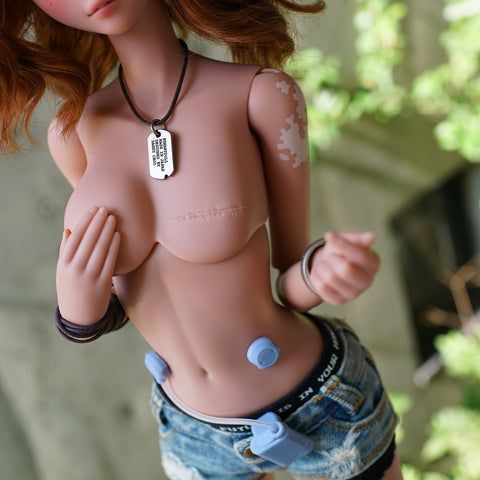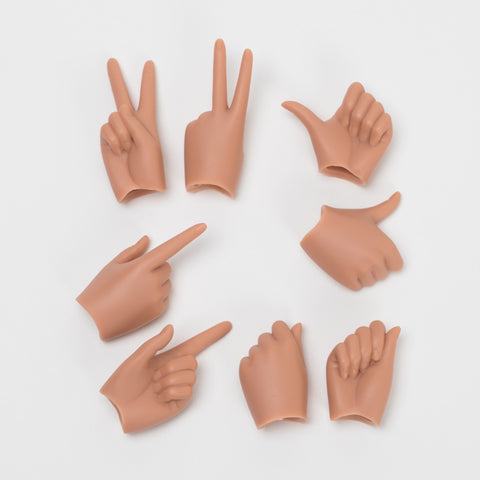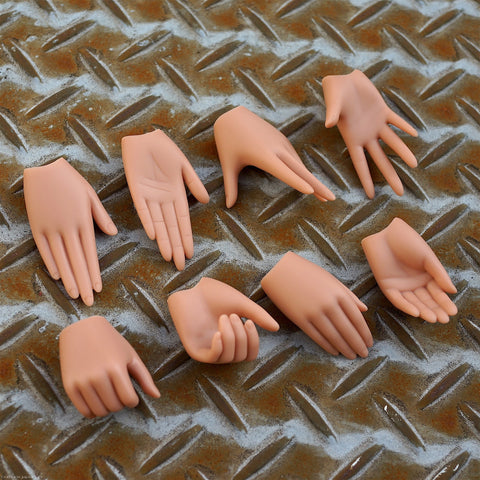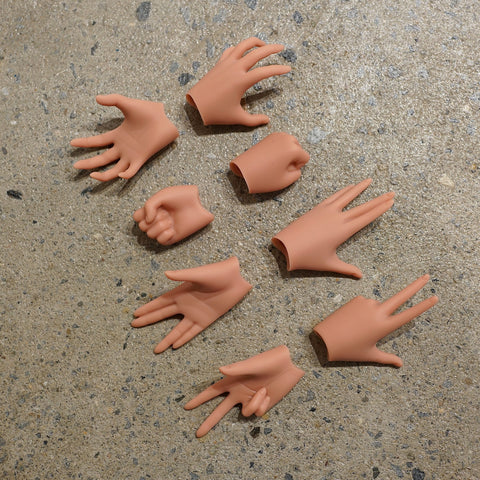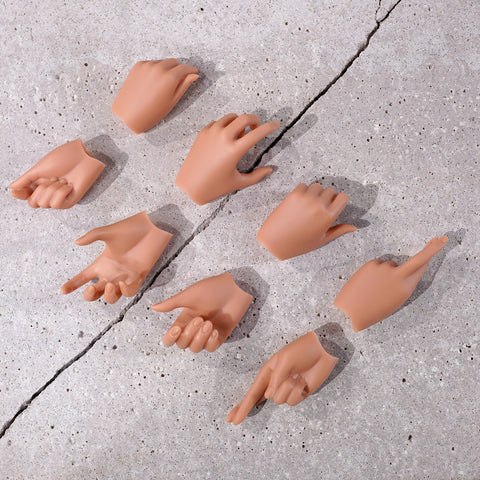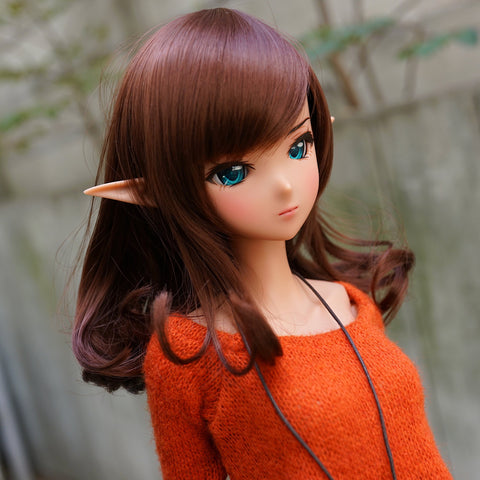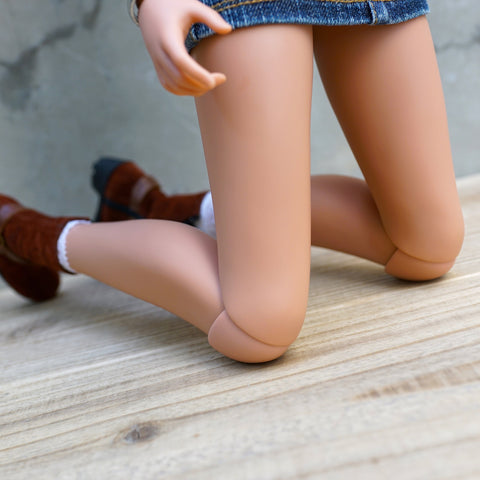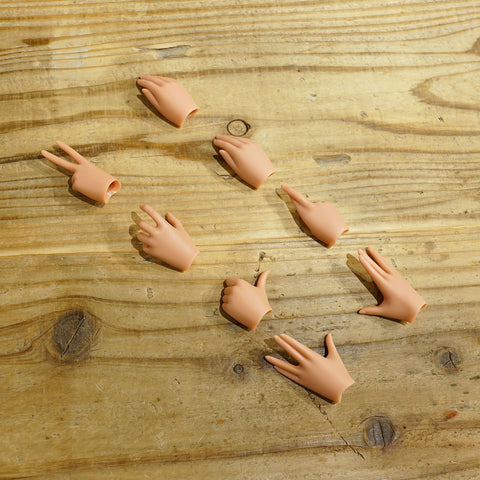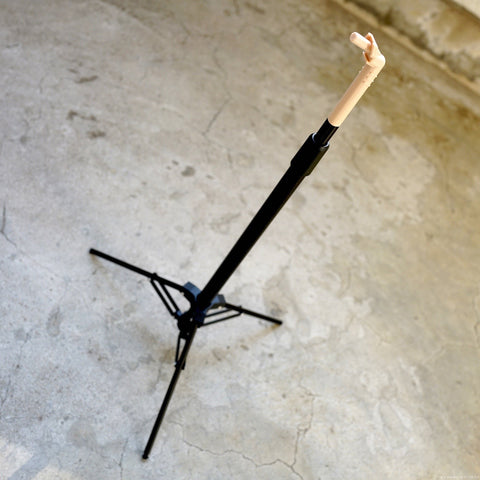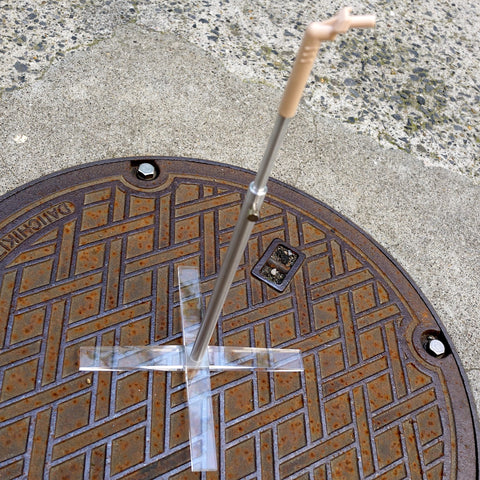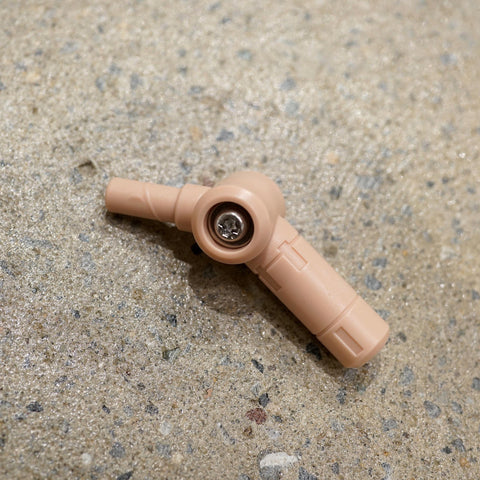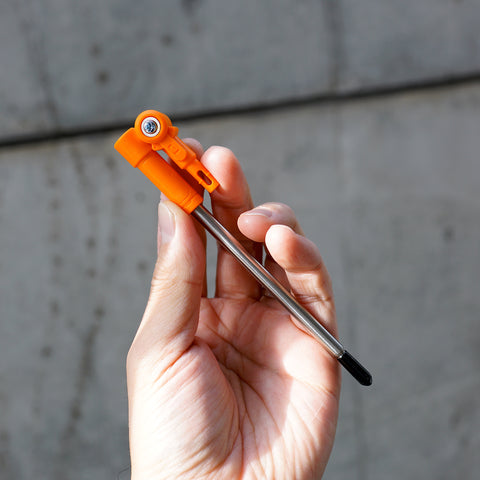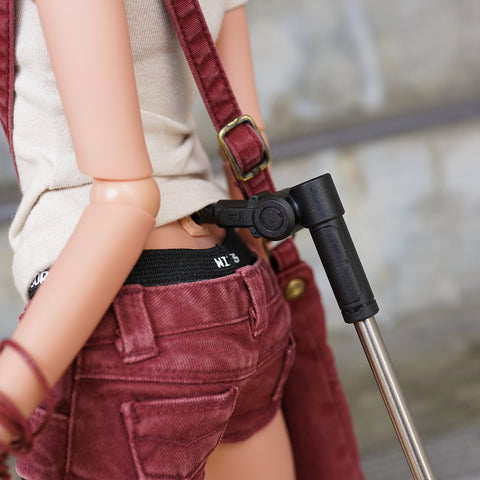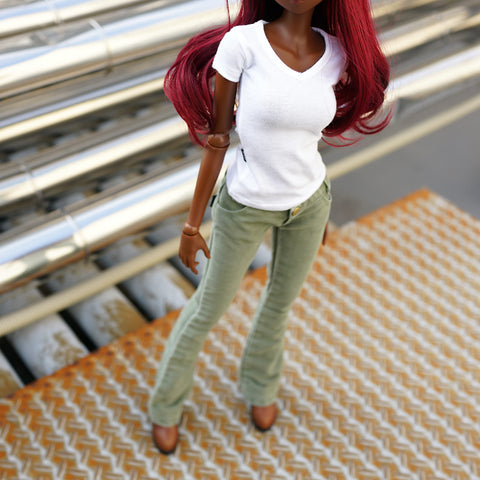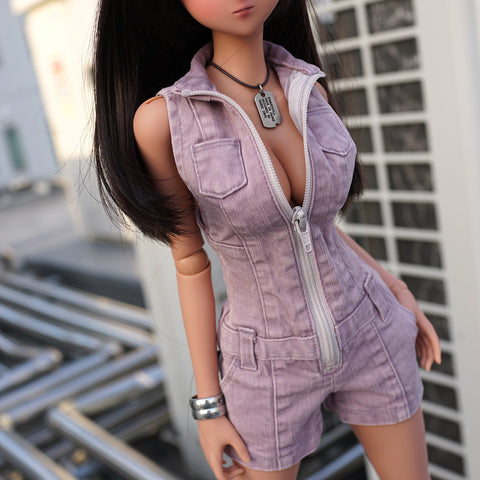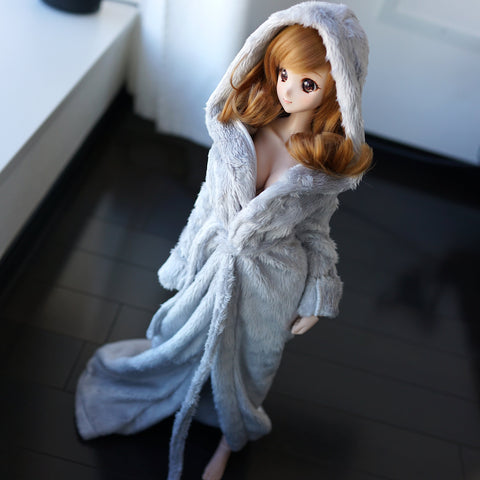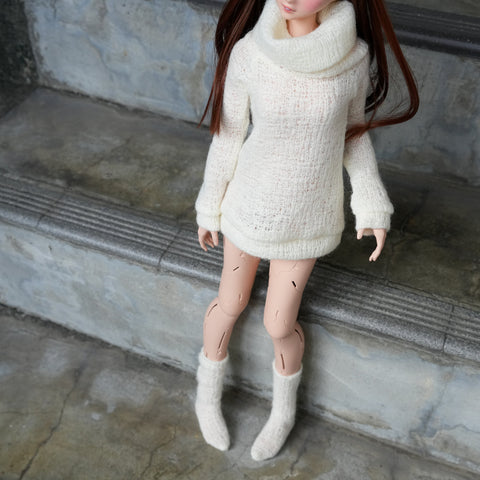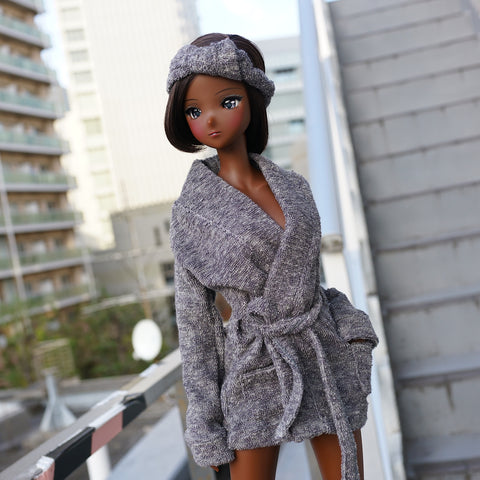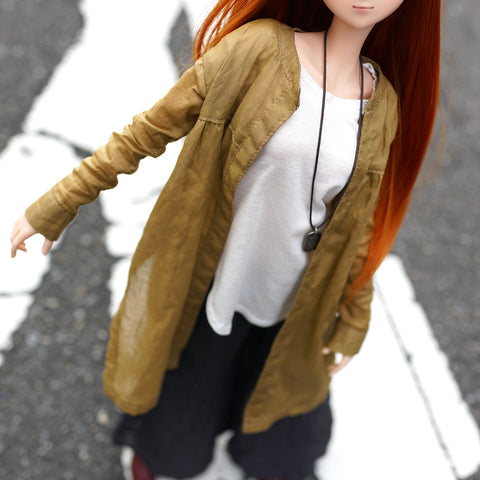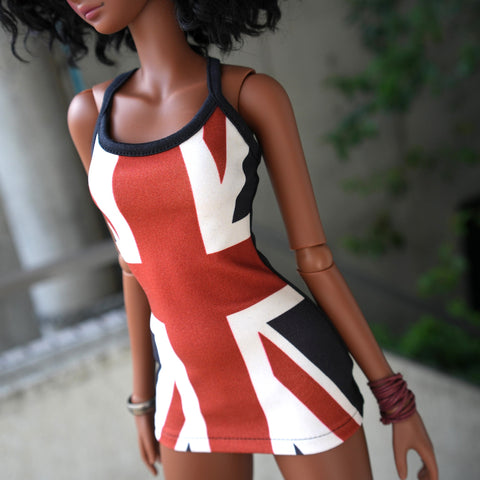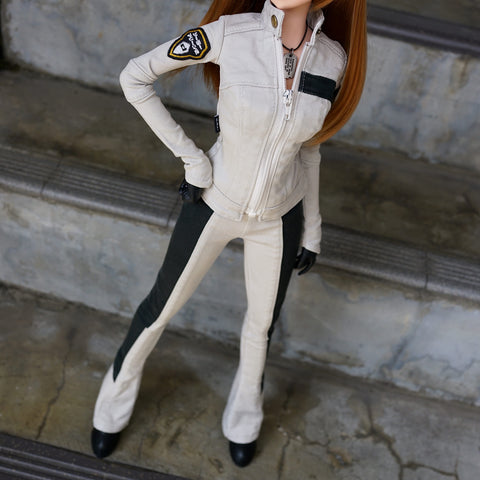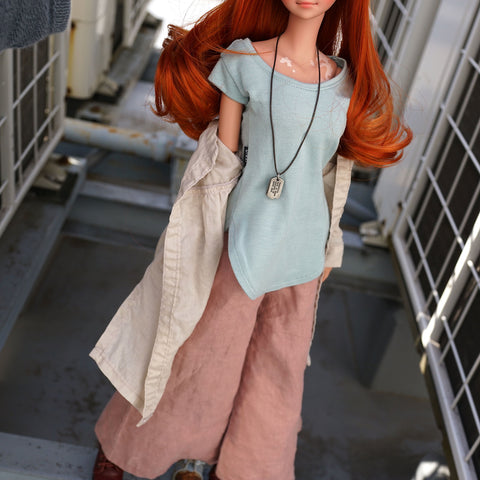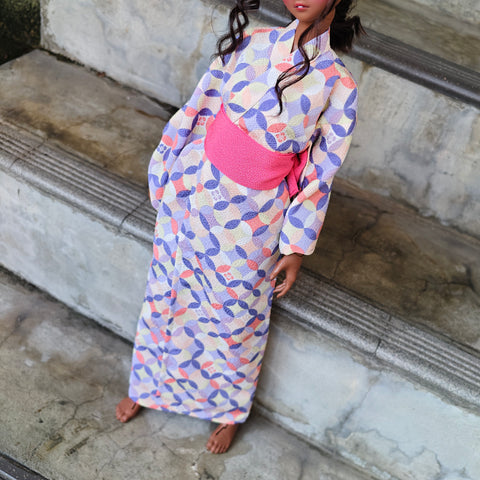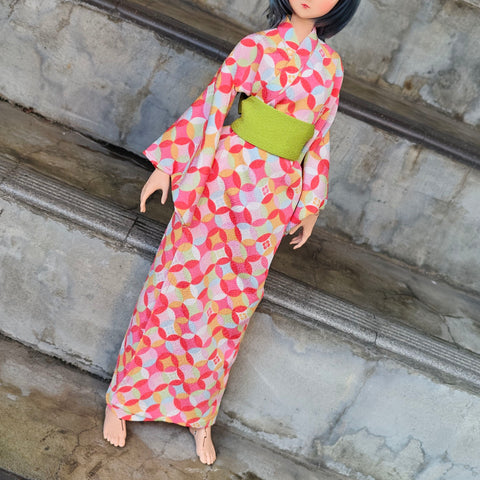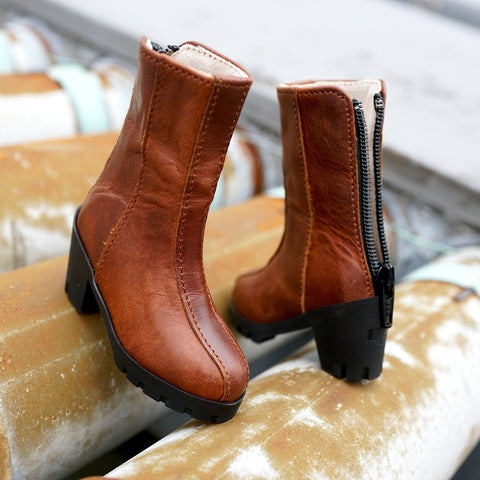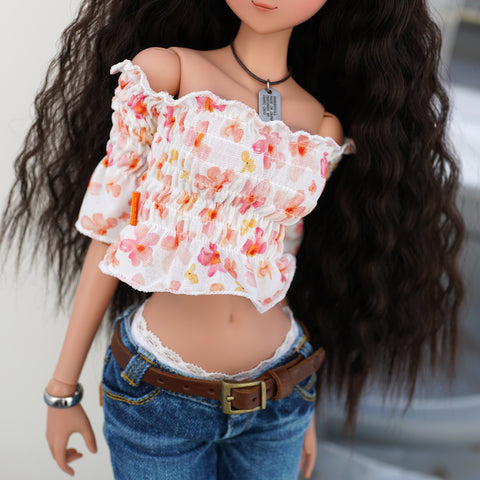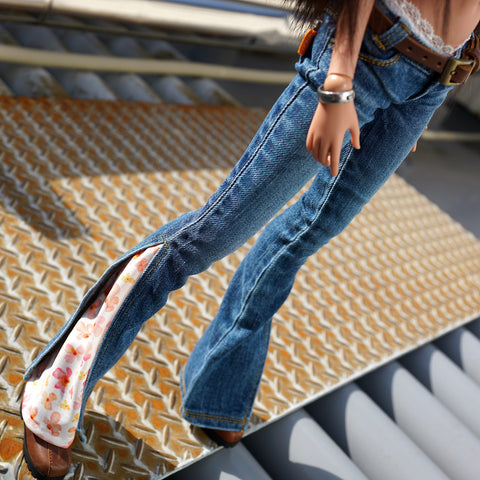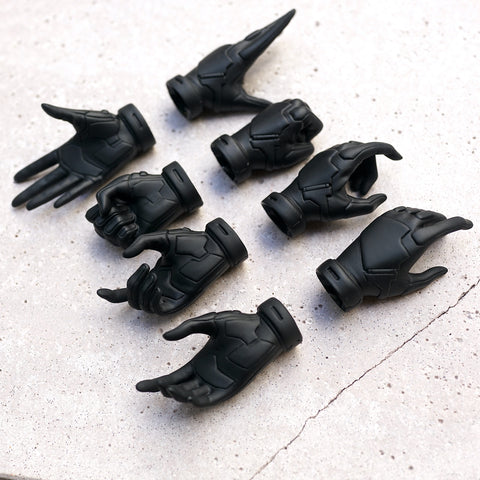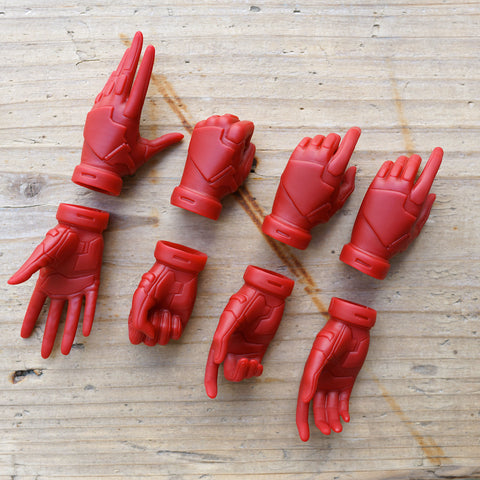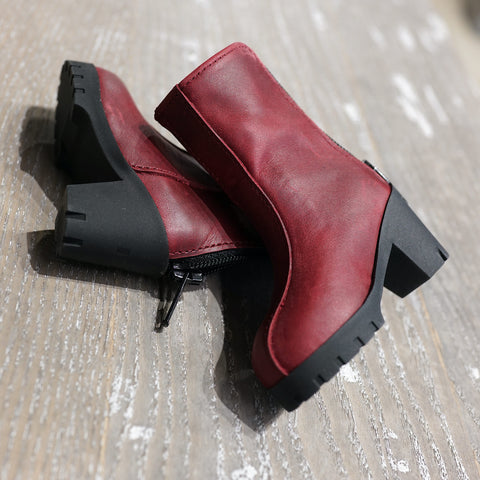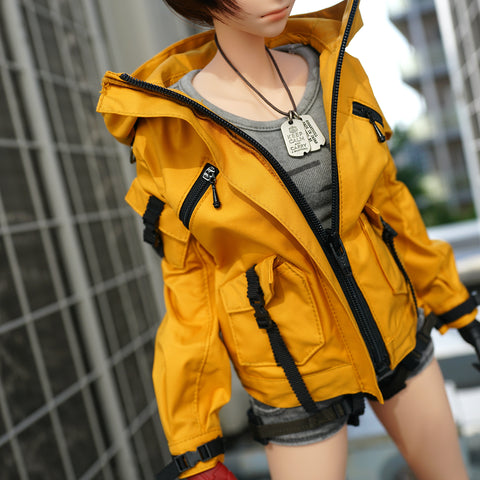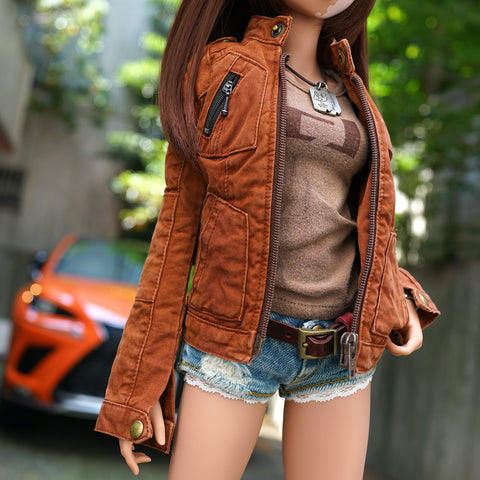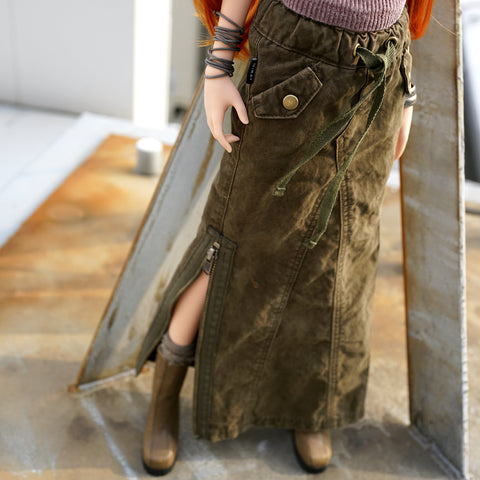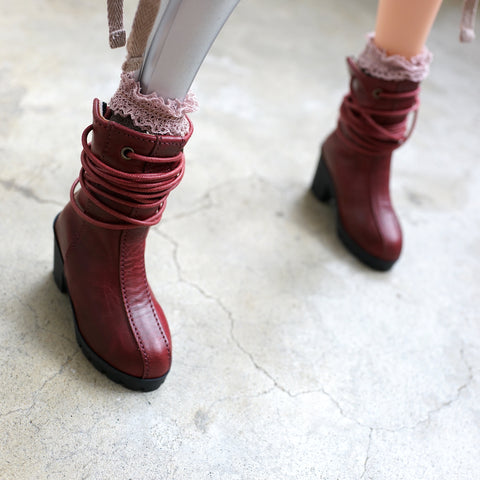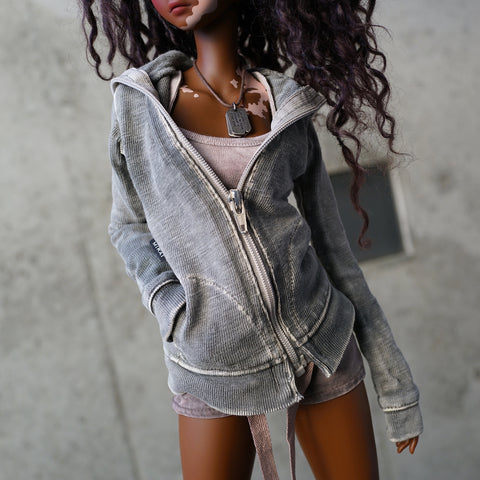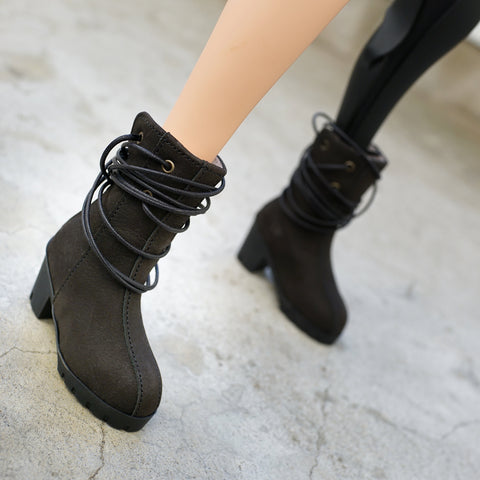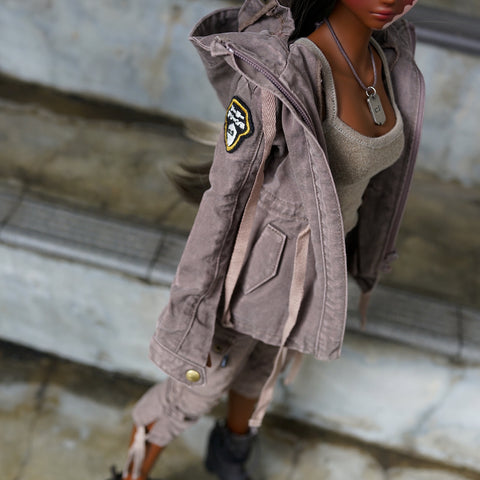Smart Doll
Nostalgia
Smart Doll
Nostalgia
- Learn more about availability Learn more about availability
- Release Date 発売日 - 2023/08/01
- Made in Tokyo Japan 日本産 (東京)
- Meet the team who worked on this product この商品を手掛けたスタッフに会おう
- This skin tone is この肌色は TEA TEA
- The hashtag for this product is この商品のSNSハッシュタグは #smartdollnostalgia
Before You Buy (Overview)
Smart Doll’s are crafted with care, intention, and a strong commitment to quality—but they are not designed to be everything for everyone. Since all sales are final, we ask that you take a moment to understand what makes our products unique before placing an order.
The photo grid below highlights common concerns we’ve seen from customers *after* receiving their Smart Doll—despite these traits being explained throughout our website. Our goal is to help you make an informed decision upfront rather than face disappointment later.
The first row covers wig-related traits, the second explains details of our slush-cast vinyl body and frame, and the third focuses on the intentional asymmetry in our face design. A brief overview follows the grid below:

Wig Characteristics
Smart Doll wigs are shaped by hand—not by mold—so variation is natural. You may notice differences in thickness, alignment, or shape from one wig to the next. Some may appear “balding” in spots or shed small amounts of hair when first opened and with continued use. Tight fits can leave marks on the head, and a bit of styling oil residue is also expected. (images 1 - 4)
Learn more about Smart Doll wigs
Slush-Cast Vinyl Body & Frame System
The Smart Doll body is made from sofubi (soft vinyl) using a hands-on process called slush casting. This naturally results in variations such as asymmetry, flow lines, dents, bumps, air bubbles, and differences in surface texture. The head cap may not match the body color exactly or fit perfectly. These traits are inherent to working with soft vinyl and are part of the handcrafted nature of the product. (images 5 - 8)
Learn more about the casting process
Intentional Asymmetry in Face Design
Just like real human faces, Smart Doll faces are intentionally asymmetrical. From the 3D sculpt to the final brush stroke, no two are exactly alike. Hand-painted features such as eyeliner, lashes, and blush will differ slightly in size, shape, and placement. If you’re seeking factory-perfect, machine-printed symmetry, a different brand may be a better fit. (images 9 - 12)
Learn why Smart Doll Faces Are Asymmetrical
Before You Buy (Overview)
Smart Doll’s are crafted with care, intention, and a strong commitment to quality—but they are not designed to be everything for everyone. Since all sales are final, we ask that you take a moment to understand what makes our products unique before placing an order.
The photo grid below highlights common concerns we’ve seen from customers *after* receiving their Smart Doll—despite these traits being explained throughout our website. Our goal is to help you make an informed decision upfront rather than face disappointment later.
The first row covers wig-related traits, the second explains details of our slush-cast vinyl body and frame, and the third focuses on the intentional asymmetry in our face design. A brief overview follows the grid below:

Wig Characteristics
Smart Doll wigs are shaped by hand—not by mold—so variation is natural. You may notice differences in thickness, alignment, or shape from one wig to the next. Some may appear “balding” in spots or shed small amounts of hair when first opened and with continued use. Tight fits can leave marks on the head, and a bit of styling oil residue is also expected. (images 1 - 4)
Learn more about Smart Doll wigs
Slush-Cast Vinyl Body & Frame System
The Smart Doll body is made from sofubi (soft vinyl) using a hands-on process called slush casting. This naturally results in variations such as asymmetry, flow lines, dents, bumps, air bubbles, and differences in surface texture. The head cap may not match the body color exactly or fit perfectly. These traits are inherent to working with soft vinyl and are part of the handcrafted nature of the product. (images 5 - 8)
Learn more about the casting process
Intentional Asymmetry in Face Design
Just like real human faces, Smart Doll faces are intentionally asymmetrical. From the 3D sculpt to the final brush stroke, no two are exactly alike. Hand-painted features such as eyeliner, lashes, and blush will differ slightly in size, shape, and placement. If you’re seeking factory-perfect, machine-printed symmetry, a different brand may be a better fit. (images 9 - 12)
Learn why Smart Doll Faces Are Asymmetrical

 While the head and hands will be vinyl - you have a choice of two different types of body - one is referred to as Cortex and the other as Vinyl. Both body types are pre-built.
While the head and hands will be vinyl - you have a choice of two different types of body - one is referred to as Cortex and the other as Vinyl. Both body types are pre-built.








